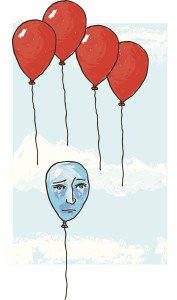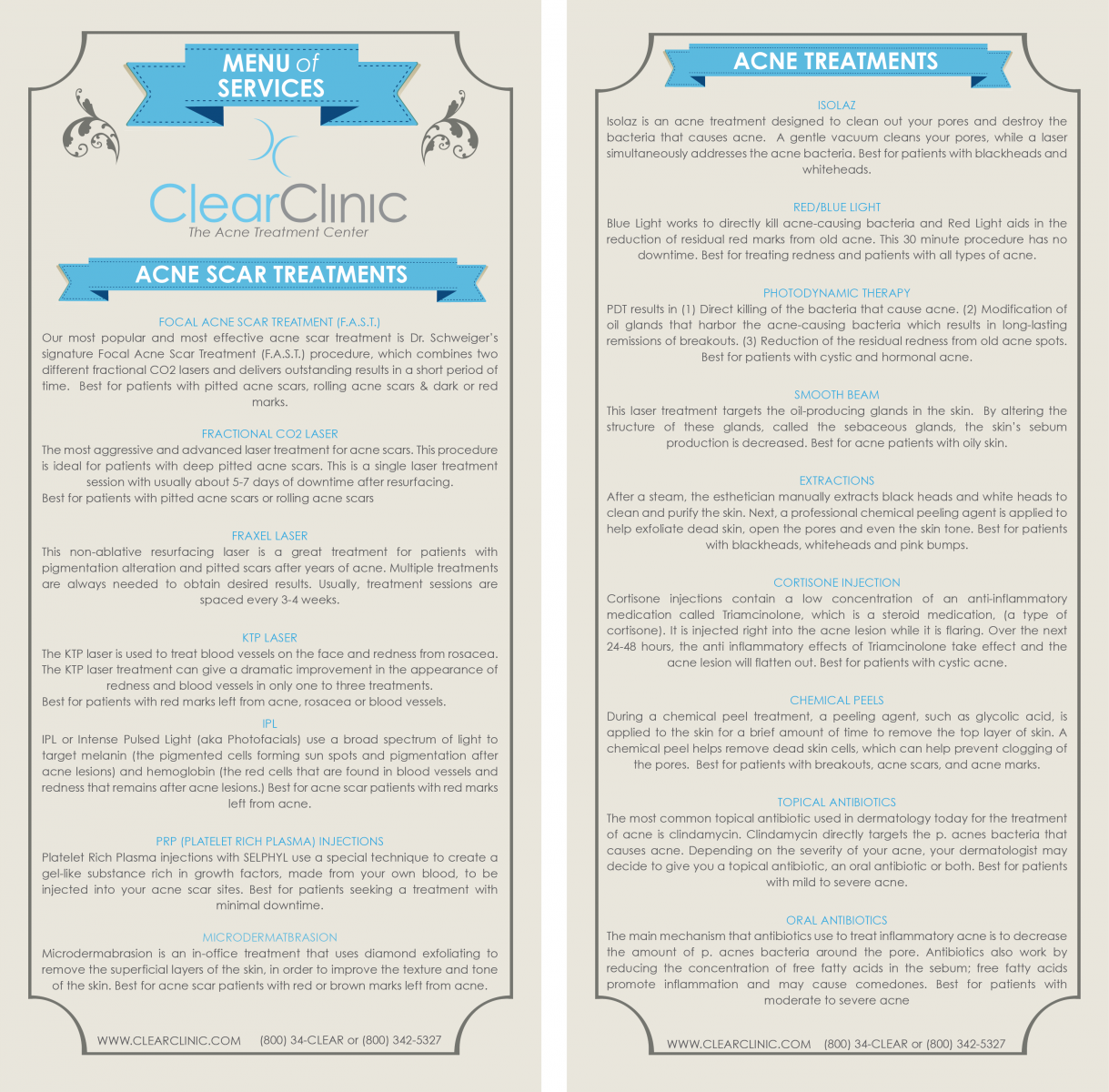Is Acne Effecting Your Teen’s Self-Esteem?
 As the age young people become afflicted with acne becomes younger and younger (there’s even a new set of guidelines on how to treat younger children with acne), the more parents have to worry about how this skin issue is effecting their children’s self-esteem. Junior high school and high school are tough enough to navigate. Add embarrassing acne lesions on the face into the mix and you have a recipe for low-self esteem and negative feelings. So what are the best ways to tell if your child is having emotional problems related to acne? Our on-staff psychologist suggests talking to them frankly to find out how they’re feeling.
As the age young people become afflicted with acne becomes younger and younger (there’s even a new set of guidelines on how to treat younger children with acne), the more parents have to worry about how this skin issue is effecting their children’s self-esteem. Junior high school and high school are tough enough to navigate. Add embarrassing acne lesions on the face into the mix and you have a recipe for low-self esteem and negative feelings. So what are the best ways to tell if your child is having emotional problems related to acne? Our on-staff psychologist suggests talking to them frankly to find out how they’re feeling.
The 5 biggest signs that your teenager (or tween) is depressed are:
1. Constant fatigue or lack of energy.
2. Withdrawal from friends and activities they used to love
3. Constant tears and crying.
4. A lack of appetite.
5. Anger or irritability.
The good news is that depression is very treatable, but the bad news is that statistics show only one in five depressed teens get the help they need. As soon as you start to realize your child might be suffering fro depression, make an appointment with a mental health professional. It is actually very common for adolescent acne patients to suffer from depression. Help your teen focus on the positive things going on in their lives and make sure that you have helped them get on an acne regimen developed by a dermatologist or other skincare professional. The most effective acne regimens consist of a combination of oral, topical and in-office treatments.

